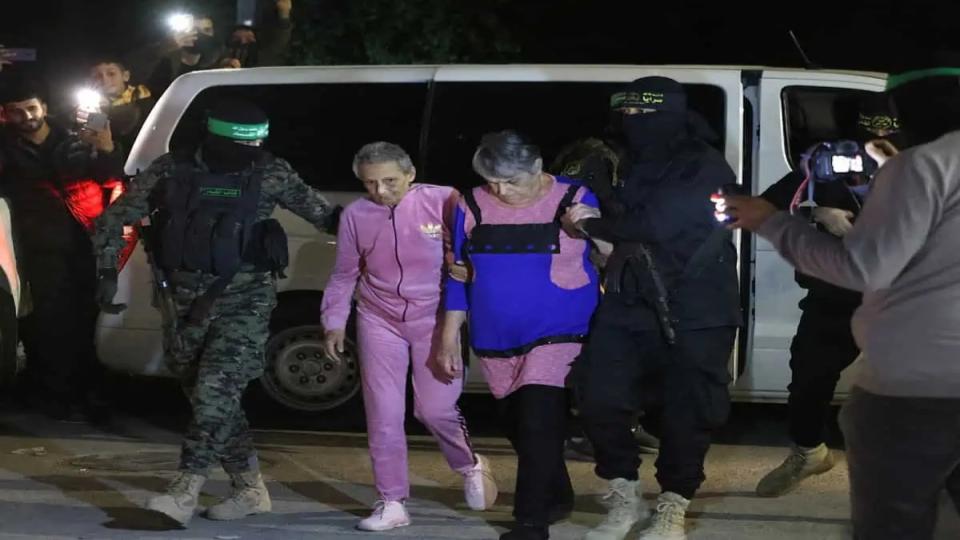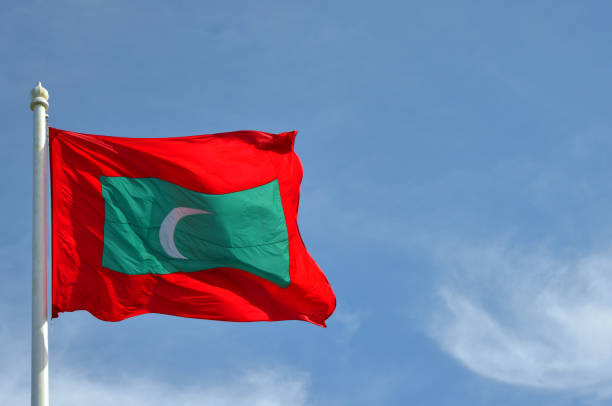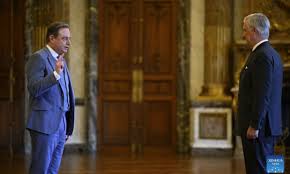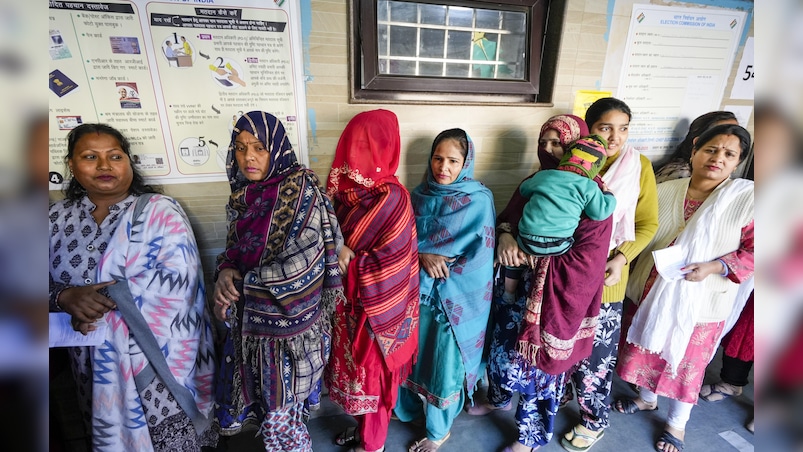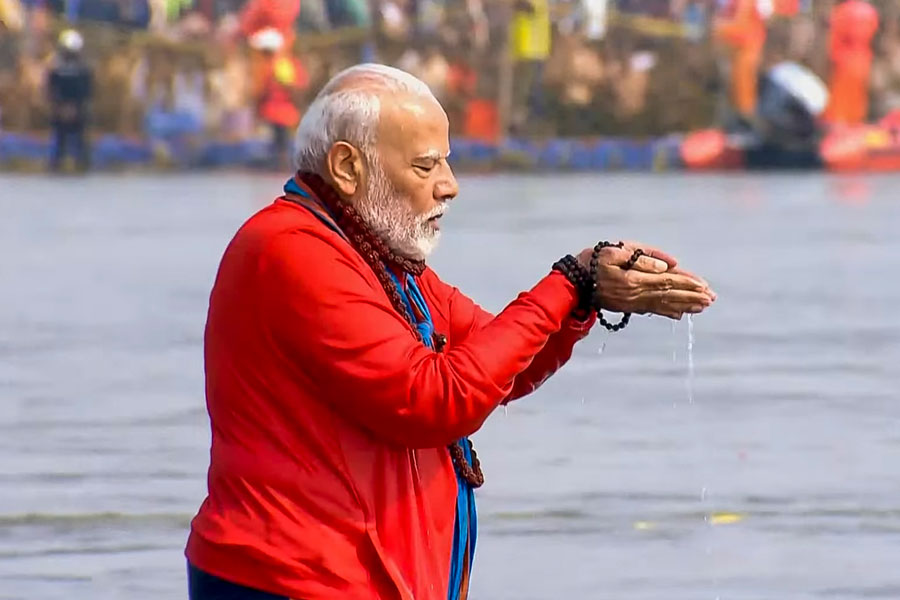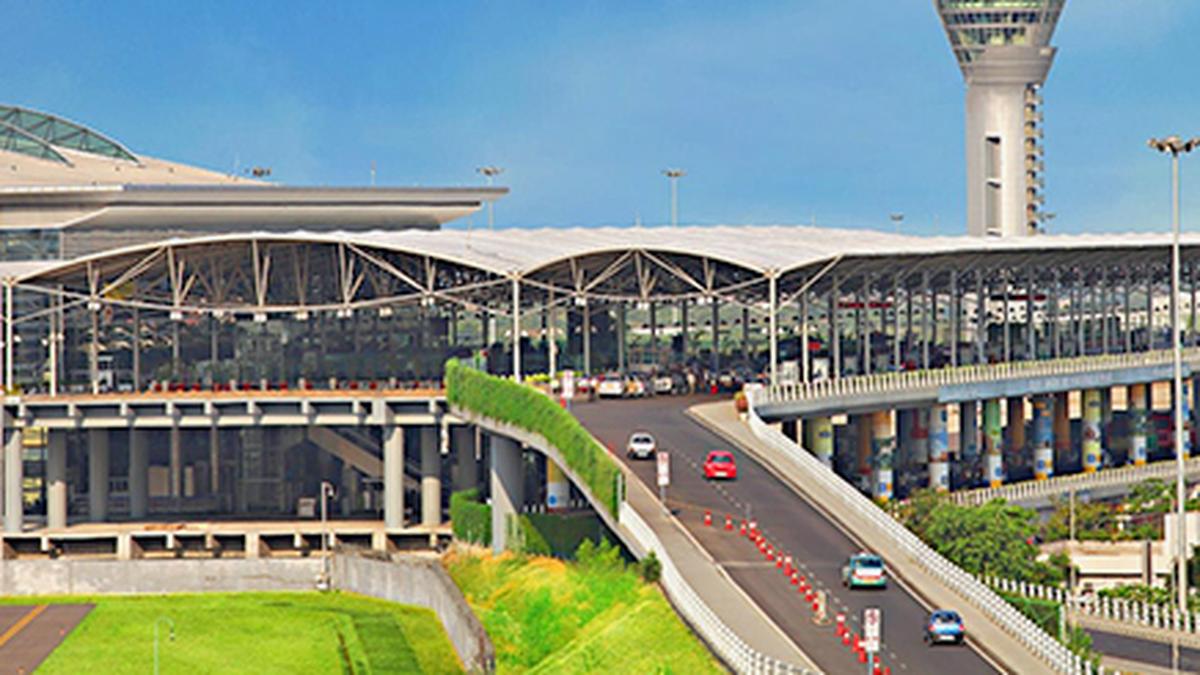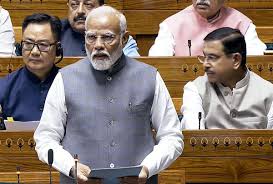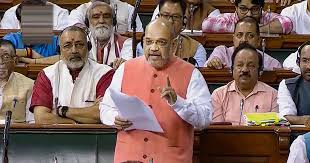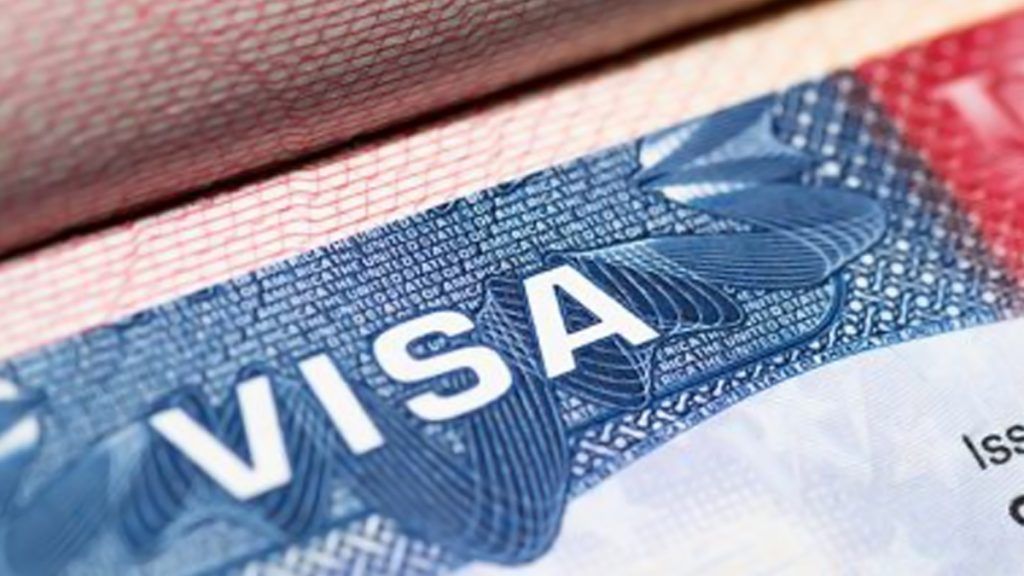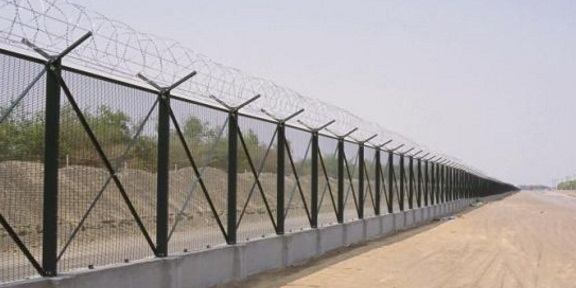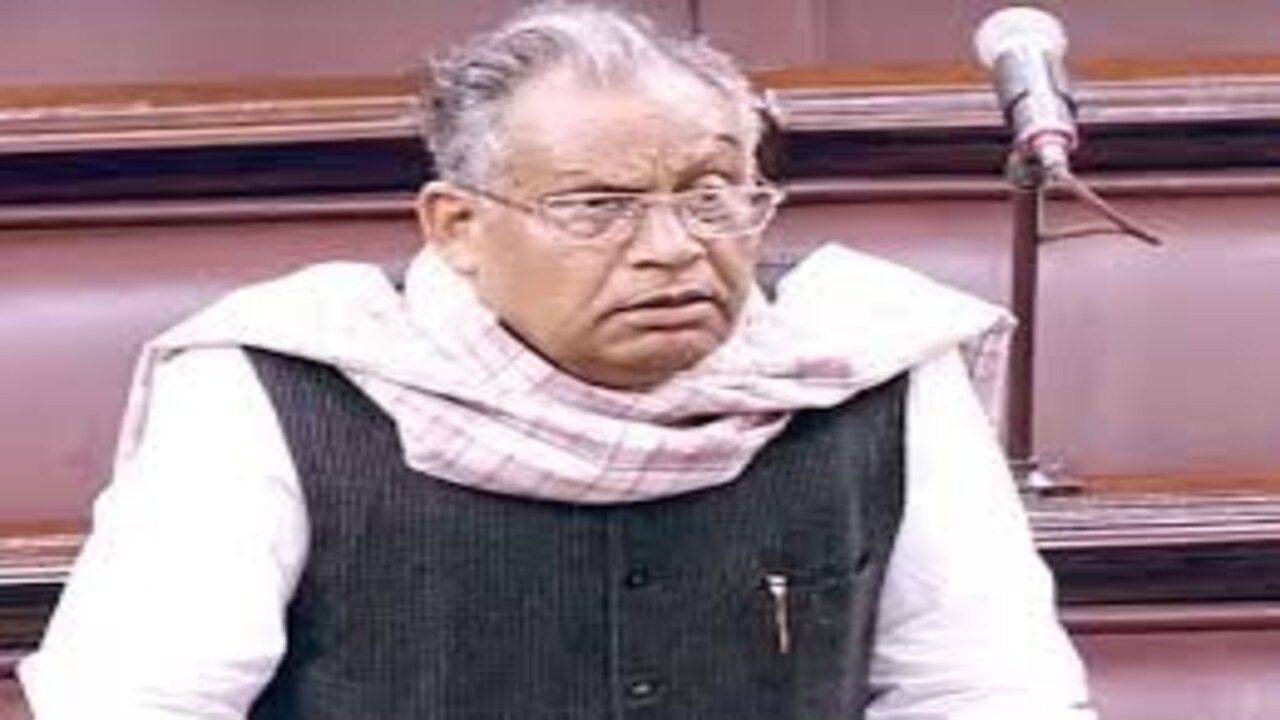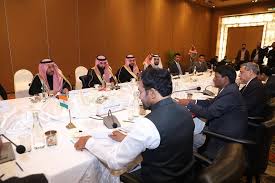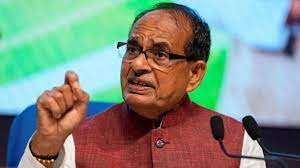Saudi king speaks with Trump, agrees to support Syria, Yemen safe zones: White House
Mon 30 Jan 2017, 13:18:27
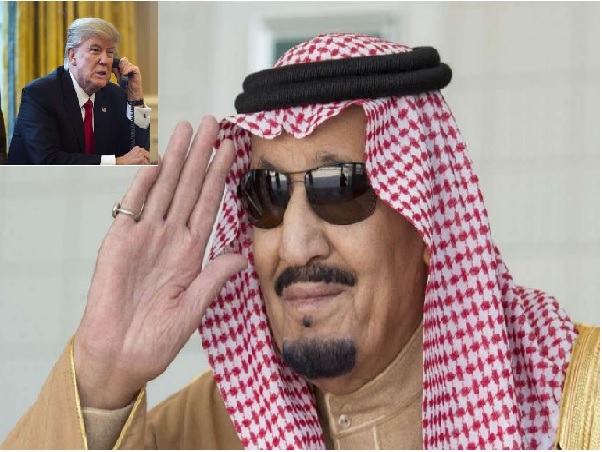
Saudi Arabia’s King Salman, in a phone call on Sunday with US President Donald Trump, agreed to support safe zones in Syria and Yemen, a White House statement said.
Trump, during his presidential campaign last year, had called for Gulf states to pay for establishing safe zones to protect Syrian refugees.
A statement after the phone call said the two leaders agreed on the importance of strengthening joint efforts to fight the spread of Islamic State militants.
“The president requested and the King agreed to support safe zones in Syria and Yemen, as well as supporting other ideas to help the many refugees who are displaced by the ongoing conflicts,” the statement said.
The Saudi Press Agency, in its readout of the call, made no specific mention of safe zones. It said the two leaders had affirmed the “depth and durability of the strategic relationship” between the two countries.
The call came on the same day as the first military operation authorised by Trump, in which a US commando died and three others were wounded in a raid on an alleged al-Qaeda site in Yemen.
The US military said it killed 14 militants in the attack. Medics at the scene, however, said around 30 people, including 10 women and children, were killed.
A senior Saudi source said the two leaders spoke for over an hour by telephone and
agreed to step up counter-terrorism and military co-operation and enhance economic cooperation. But the source had no word on whether the two leaders discussed Trump’s order to put a four-month hold on allowing refugees into the United States and temporarily ban travellers from Syria and six other Muslim-majority countries.
agreed to step up counter-terrorism and military co-operation and enhance economic cooperation. But the source had no word on whether the two leaders discussed Trump’s order to put a four-month hold on allowing refugees into the United States and temporarily ban travellers from Syria and six other Muslim-majority countries.
The source said Saudi Arabia would enhance its participation in the US-led coalition fighting to oust Islamic State from its strongholds in Iraq and Syria.
The White House statement said the two leaders also agreed on the need to address “Iran’s destabilising regional activities.” SPA also mentioned Trump and the King had similar visions on “confronting whomever seeks to destabilise security and stability in the region and interfere in the affairs of other countries,” an apparent reference to Riyadh’s arch-foe Iran.
Both countries share views about Iranian policies in the region, the Saudi source said, suggesting Trump agreed with Riyadh’s suspicion of what it sees as Tehran’s growing influence in the Arab world. Iran denies it meddles in Arab countries.
The White House statement said the two also discussed what it called an invitation from the king for Trump “to lead a Middle East effort to defeat terrorism and to help build a new future, economically and socially,” for Saudi Arabia and the region.
No Comments For This Post, Be first to write a Comment.
Most viewed from International
Most viewed from World
AIMIM News
Delhi Assembly polls: Owaisi leads Padyatra in Okhla
Feb 01, 2025
We reject this Waqf Amendment Bill: Asaduddin Owaisi
Jan 30, 2025
Latest Urdu News
Most Viewed
May 26, 2020
Which political party will win the Delhi Assembly polls to be held on Feb 5?
Latest Videos View All
Like Us
Home
About Us
Advertise With Us
All Polls
Epaper Archives
Privacy Policy
Contact Us
Download Etemaad App
© 2025 Etemaad Daily News, All Rights Reserved.

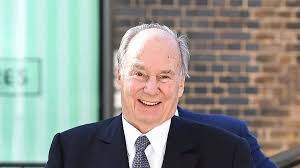
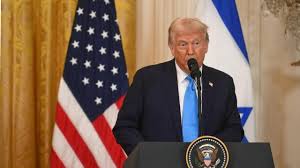

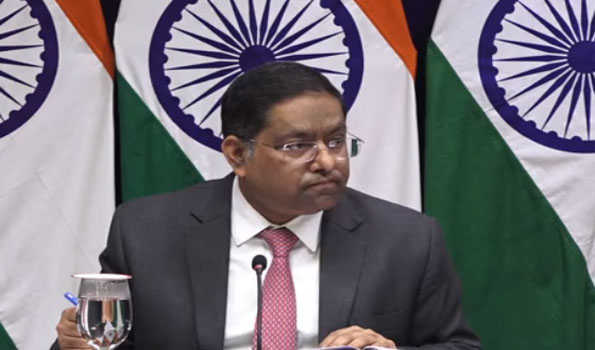
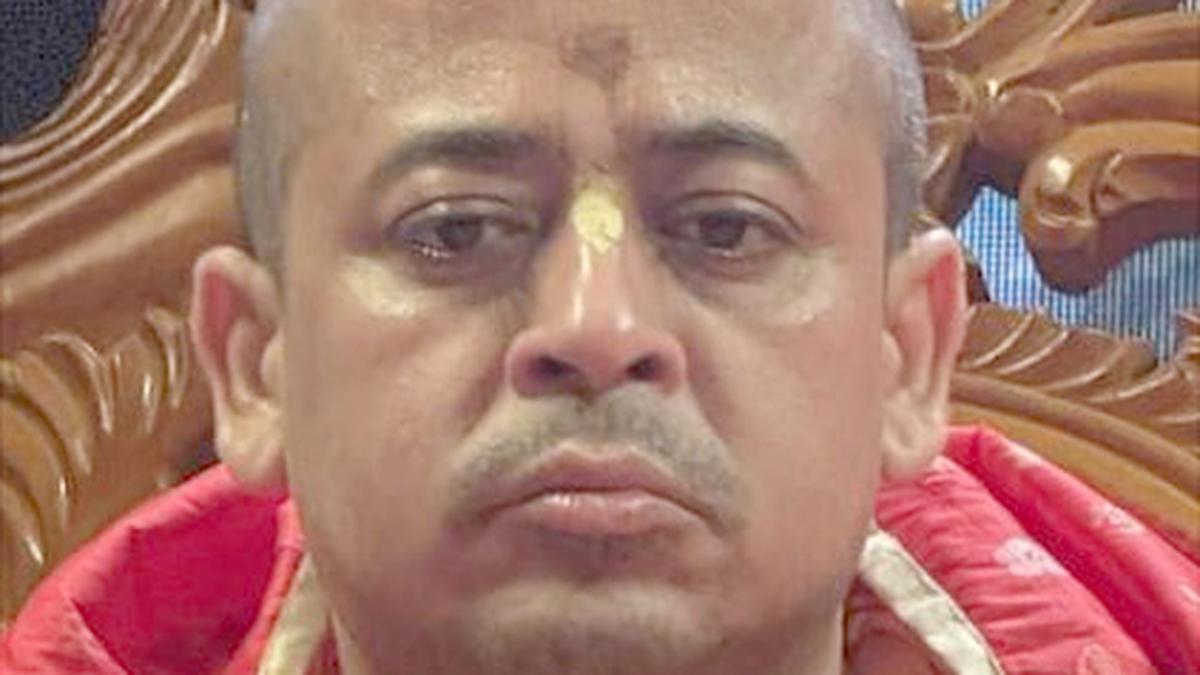
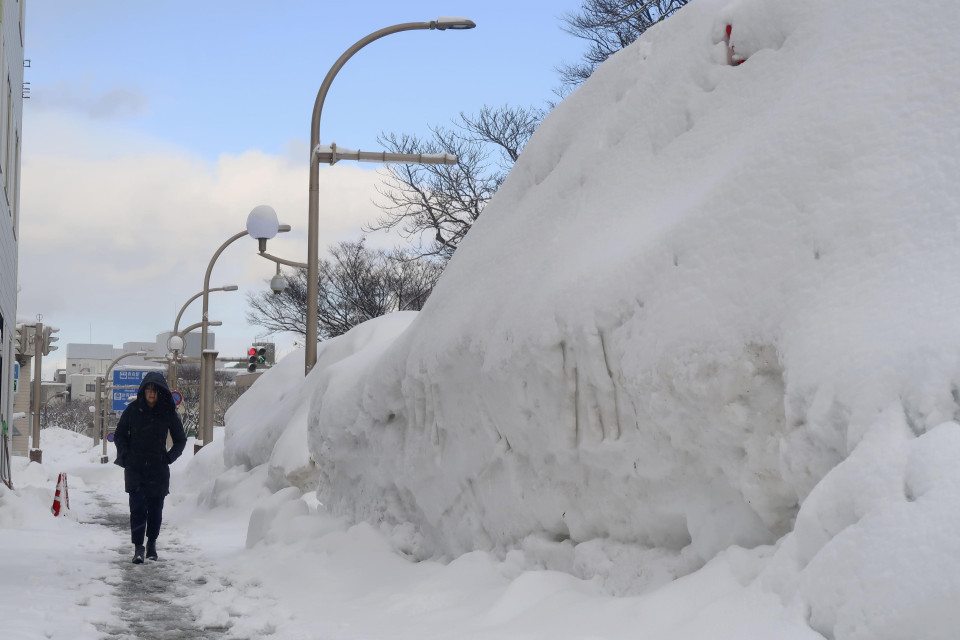
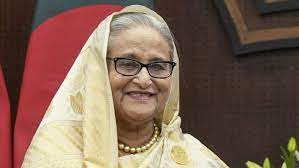
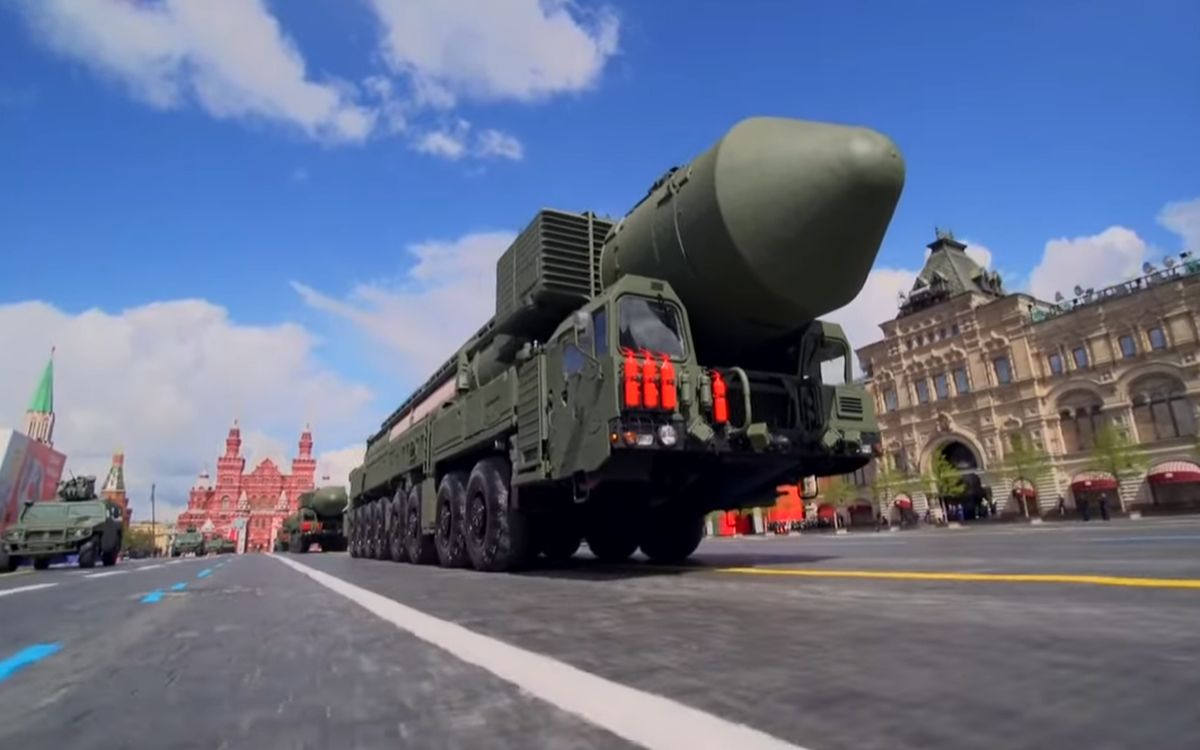
.jpg)
